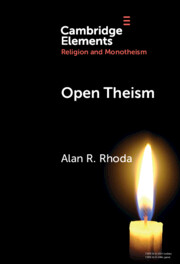1 results

Open Theism
-
- Published online:
- 22 February 2024
- Print publication:
- 21 March 2024
-
- Element
- Export citation

